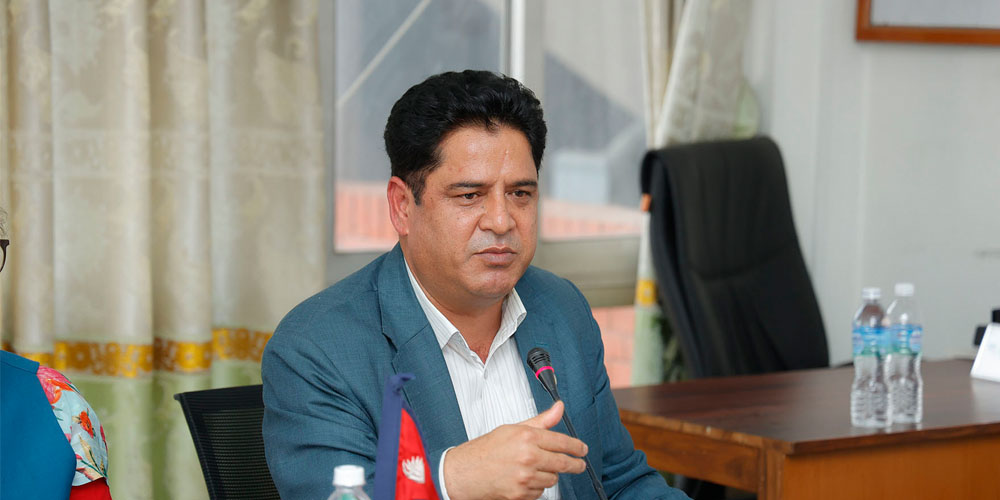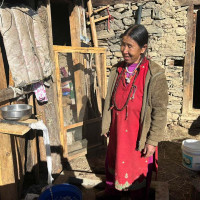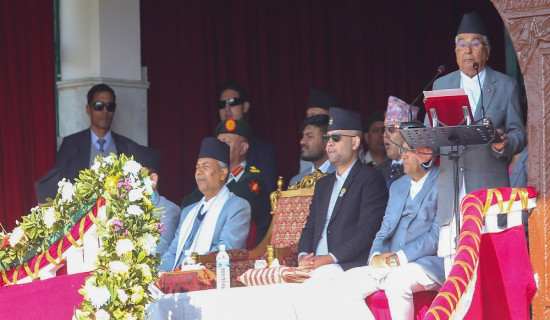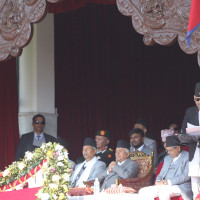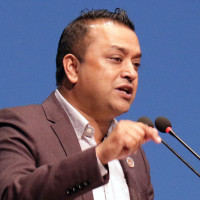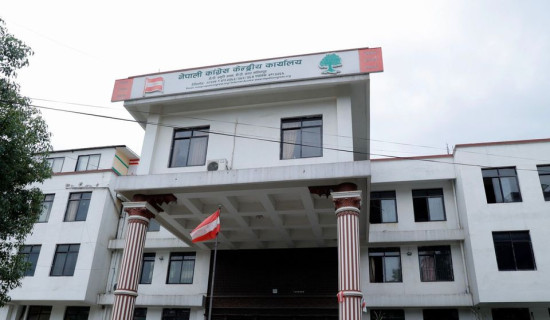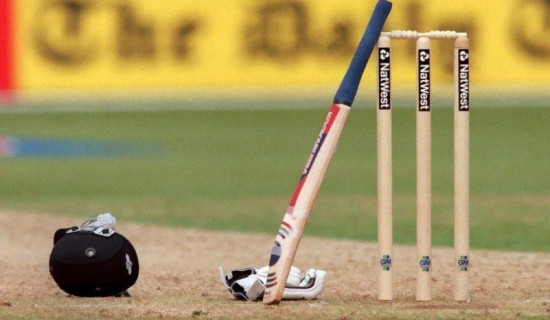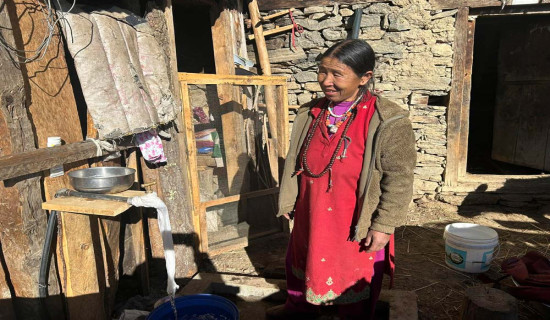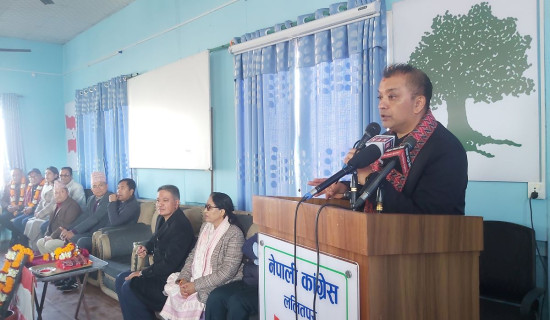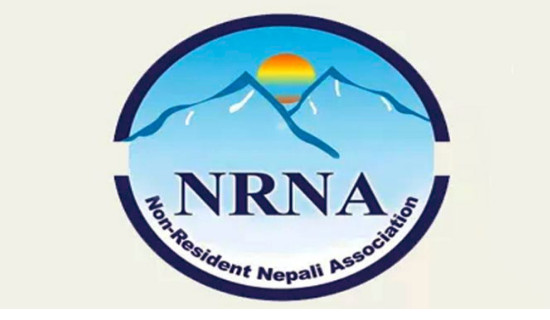- Monday, 15 December 2025
Nepal lacks budget for graduation from LDC status, faces loss of key facilities after upgrading
By Hemanta Joshi, Kathmandu, May 18: Minister for Industries, Commerce and Supplies Damodar Bhandari mentioned that Nepal does not have sufficient budget to graduate from the current Least Developed Country (LDC) to the status of developing country by 2026.
At the meeting of Committee of Development, Economic Affairs and Good Governance under the National Assembly on Sunday, Minister Bhandari stated that implementation of the 'Smooth Transition Strategy' remains a challenge due to inadequate budget and lack of 'smooth' coordination among the inter-agencies. Minister Bhandari shared, "Nepal needs over Rs 4 billion to implement the preparatory activities and action plans for graduation from the LDC status. But we only have Rs 40 million budget in the current fiscal year."
Bhandari worried, "It will be difficult for us to achieve the desired result with this amount."
It may be noted that Nepal was listed as the LDC in 1971 and for the smooth, quality and sustainable transition of Nepal to the developing countries status, the government formulated the 'Smooth Transition Strategy'.
Minister Bhandari in today's meeting urged all the relevant agencies to deliver at their best to enforce the Strategy. Emphasizing the need to enhance production and productivity, Bhandari asserted that as long as the contribution of the industries and production to the country's Gross Domestic Product (GDP) would not increase, the problems would persist.
The meeting dwelt the likely negative impacts and challenges Nepal would face during the transition and after up gradation. Nepal, after graduation, will lose key international trade and development aid benefits that it has been reaping as the LDC country, it was discussed.
He said that it was predicted that the export trade of the country would decrease by 4 per cent due to exemption of LDC-facilities. The decline in the export could affect the economic growth of the country and adversely impact as many as 10,500 workers currently being employed in sectors like garment, carpet and pashmina.
The country will no longer receive the preferential treatment for services and service suppliers from the World Trade Organization such as 'duty-free' and 'quota-free'. The export subsidies on agricultural products will be restricted while subsidies on non-agricultural products will be slashed down following the upgrading, it was shared in the meeting.
To retain these facilities, Nepal is discussing continuation of such facilities with the European Union, Turkey and other countries, informed Govinda Bahadur Karki, Secretary at the Ministry of Industry, Commerce and Supplies.
The facilities being received from the government will, however, continue. The subsidies for the internal trade of the agricultural products will also remain the same. Subsidy on the non-agricultural local products will not be removed.
Likewise, the upgrading will also witness cuts on the development assistance from the bilateral and multilateral development partners to Nepal. Major donor agencies such as the Asian Development Bank and the World Bank will reduce aid and clip facilities.
Upon the graduation, Nepal has to comply with the liberalization related pledged as a developing country. Nepal, being the low-income country, would no longer receive concessional loan.
Development agencies like the UNDP and the UNICEF allocate specific aid to the LDCs. Following the graduation, Nepal will no longer be entitled with the aid.
In addition to that, Nepal will also be deprived of intellectual properties flexibilities under the Agreement on Trade-Related Aspects of Intellectual Property Rights, affecting the pharmaceutical sector. Similarly, technology transfer is also bound to face issues after the upgrading, the meeting concluded.
Nevertheless, climate-related funding from the United Nations Framework Convention on Climate Change will continue, it was shared in the meeting.(RSS)

